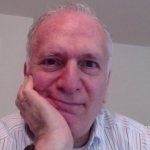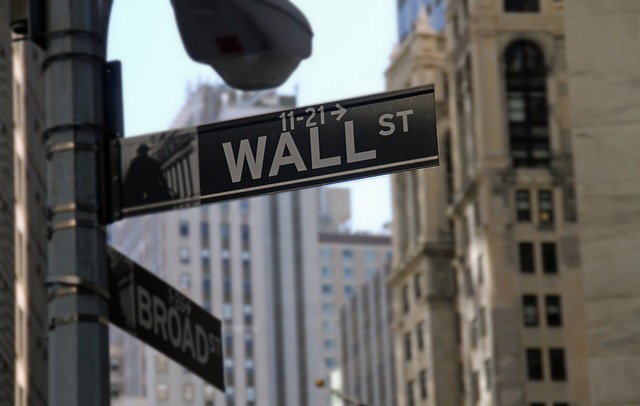Missing the Point – The Economics and Politics of Inflation
Whether Republican or Democratic, national economic policy to control inflation is a lose-lose situation for any administration. Voters hate rising prices for essential goods and services that go up, but seldom come back down again. And then our government acts as if our only tool for reducing inflation is for the Federal Reserve to raise interest rates.
The FED is an independent agency of the federal government that answers directly to Congress. It is not part of the President’s administration. Our government is deferring control over the largest economy on the planet to a committee of twelve FED executives with only one tool for fighting inflation and, apparently, a very limited understanding of what to do with it. If only it were as simple as raising and then eventually lowering interest rates, but it’s not.
The result is that voters often have only two options, full employment, but with prices that are rising at unacceptable rates or hurtful, FED-induced unemployment that may or may not result from lower consumer demand and prices. It’s a dilemma we’ve allowed to persist and need to resolve, once and for all, as soon as possible.
Raising interest rates discourages growth and reduces employment until prices fall. Sounds simple enough, but it’s the economic policy equivalent of bloodletting – a blunt force, highly inefficient, sometimes counter-productive tool if ever there was one.
So, voters can either deal with inflation or unemployment, neither of which are good news for a President or party running for re-election. Trump has blamed the Biden Administration for inflation and will now blame that same President and his potential successor for the economic downturn the FED has caused to lower the rate of inflation. Hard to believe, I know, but Trump’s ire isn’t entirely unreasonable. Is it brilliant thinking on his part? No. Understandable maybe, but in Trump’s case, it’s just an example of the old adage that even a blind squirrel finds a nut now and then.
What’s wrong with this picture? The problem is the FED’s arrogant belief that increasing interest rates is the way our government should fight inflation. It’s a ludicrous assumption, encouraged by the law that gives the FED its authority, that evidences a lack of even a basic understanding of how markets for goods and services work. For the record “macroeconomics” and “monetary policy” are intellectual constructs. Only “microeconomics” should be the real-life basis for precision economic policy affecting otherwise organic market behavior.
The causes of inflation are far more complicated than committee-controlled adjustments to the price of money can control. The many interrelated markets that define our national economy and in which rates of inflation are determined react differently to various economic forces and remedies. And yet we leave it up to just twelve people sitting around a conference table looking at spreadsheets. Just twelve men and women in suits make decisions that will impact the lives and futures of over three hundred million people with whom they have little or nothing in common, know little or nothing about, and to whom they are not accountable for the success or failure of their policies.
Can playing with interest rates affect inflation by reducing economic growth and employment? Sure, but it’s a gross, sledgehammer process that invariably does more harm than good, particularly to middle and lower-income families. What a mess. Round and round we go.
Trump, who is as dumb as he is nuts, will never understand this point. Vice President Harris, on the other hand, knows exactly what I’m talking about. Instead of wondering why voters suffering from sticker shock after their last trip to the grocery store think they were better off when Trump was President… The same voters who will blame the Democrats for the recession we may be about to have, but which the FED has caused… Vice President Harris should talk to voters about changing the way government manages the economy.
Tell voters she’ll take control over the economy away from the FED in favor of elevating a much improved Council of Economic Advisors to a Cabinet-level office. It’s not only the right thing for her to do for the economy. Politically, it will help voters appreciate that we’ll all be better off under her management instead of her opponent who couldn’t manage his way out of a grocery store paper bag, even one of the nice ones with handles.

Les Cohen is a long-term Marylander, having grown up in Annapolis. Professionally, he writes and edits materials for business and political clients from his base of operations in Columbia, Maryland. He has a Ph.D. in Urban and Regional Economics. Leave a comment or feel free to send him an email to [email protected].


Inflation is more than just rising prices; it’s a complex interplay of economics and politics. While it’s easy to blame inflation on simple factors like supply chain disruptions or monetary policy, the issue often involves deeper layers of economic theory, government policy, and global market dynamics. Decisions on interest rates, fiscal policy, and international trade all influence inflation in ways that can be hard to untangle. Understanding these connections is crucial for grasping why inflation happens and how it affects everyday life. It’s not just about numbers; it’s about the broader political and economic context that shapes our financial reality.